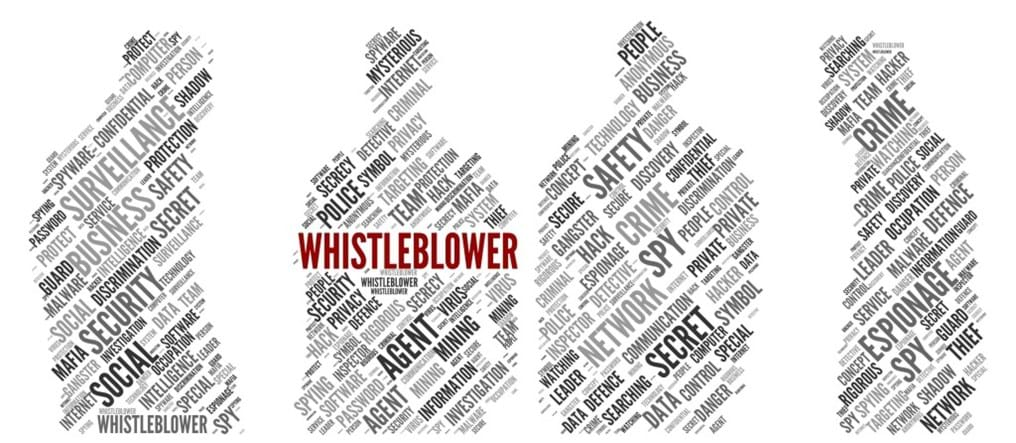Day 139: Honesty and integrity

13th October 2014
Author: Geoff Maitland, IChemE President 2014–2015.
Whistleblowing is a term that causes concern for business, governments and individuals. It can have severe legal and corporate implications. It undoubtedly affects the future careers of the individuals involved. It also requires courage.
In some ways it doesn't help that there is a media obsession with high profile cases like WikiLeaks and Julian Assange, as well as the case of Edward Snowden, who exposed global surveillance programmes.
Neither case encourages the important role whistleblowing can play. In some sectors, like health, greater attempts are being made to encourage whistleblowing.
In our profession, whistleblowing is especially relevant to lapses in process safety and standards.
In my presidential address I said that this blog was about good news stories. It is. As I have said before, just as bad engineering practice can be part of the problem, good engineering practice is key to the solution.
The rise of the professional engineering profession in the late 1800’s led to the establishment of professional organisations.
Like many situations in history, it was a series of structural failures that led to changes in practice. Changes in engineering standards and practice were complimented by the introduction of engineering codes of ethics.
Whatever area we work in as professional chemical engineers; industry or academia, student or senior positions; we have a responsibility to be honest and speak out.
An area where I have some experience was the Macondo well incident in the Gulf of Mexico. More commonly known as ‘Deepwater Horizon’, this disaster could have been prevented. There are reports that workers had concerns over the working practices, but no one felt able to speak up.
I recently read an online article about the rise of whistleblowing in the health and pharmaceutical sector.
One area relevant to chemical engineers is the risk of contamination in the products that chemical engineers are responsible for making. One of the area of concern highlighted in Chemical Engineering Matters is the rise of counterfeit medicines.
Suppliers of generic drugs must prove their “bioequivalent” properties. Last year, in the US, a senior executive (and chemical engineer by training) found that the bioequivalence data was fictional or non-existent.
People were being given drugs that at best ineffective, and at worst were unsafe and illegal. By blowing the whistle, lives were potentially saved.
No doubt, whistleblowing can result in difficult times for the individual who makes the decision. As part of becoming a Chartered chemical engineer, we sign up to a code of ethics.
We have responsibilities in employment conditions, safety and environmental standards, sustainable development and ensuring the high standards of engineering in everything we do.
In alignment with the Engineering Council’s Statement of Ethical Principles, IChemE has its own rules of professional conduct and disciplinary regulations. These state that a member “shall act with competence and integrity, in the public interest”.
The four fundamental principles of the engineering profession are cited as:
- Accuracy and rigour
- Honest and integrity
- Respect for life, law and the public good
- Responsible leadership: listening and information
I see challenges in the world around us, but, chemical engineers can provide many of the solutions. While working to address these challenges, improve quality of life in a sustainable manner, we must maintain we have a duty to be honest and uphold the highest standards of professional integrity.
Earlier this year, the UK Health and Safety Executive, HSE, Chaired by IChemE past president Judith Hackitt published updated information about whistleblowing.
In Australia there is the Australian Standard AS8004 “Whistle blower Protection Programs for Entities” and there are similar laws in place in many other countries around the world.
Some people still have their doubts about whether whistle blowers will be protected. I would just urge you to remind yourself of the four principles above and listen to your conscience.
ChemEng365 blog
Geoff Maitland launched this blog during his IChemE presidency in 2014. ChemEng365 features 365 chemical engineering successes and achievements throughout his year-long presidency.